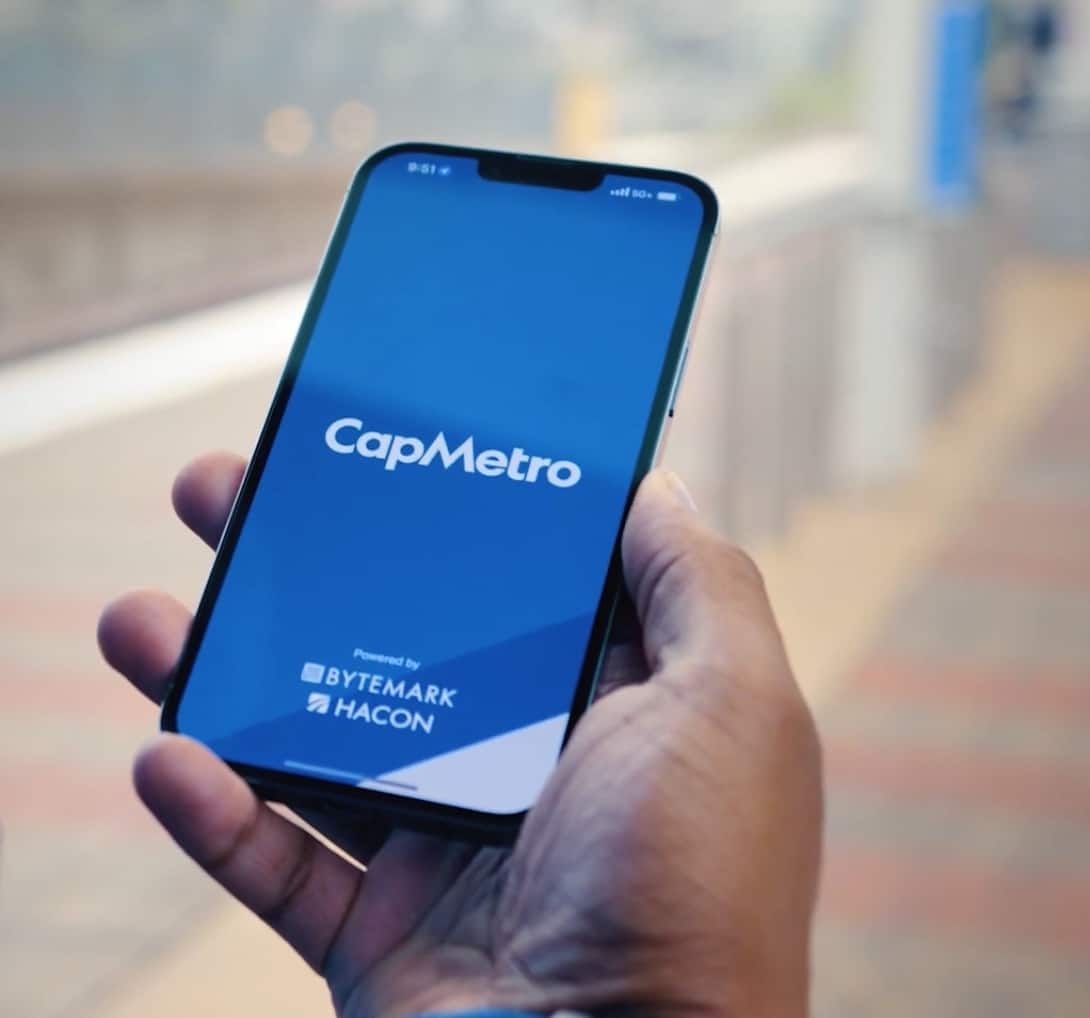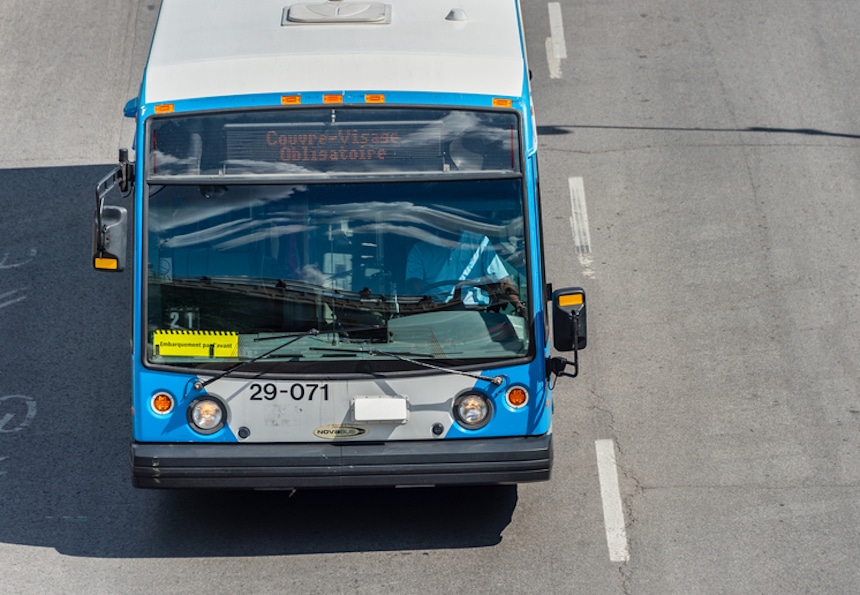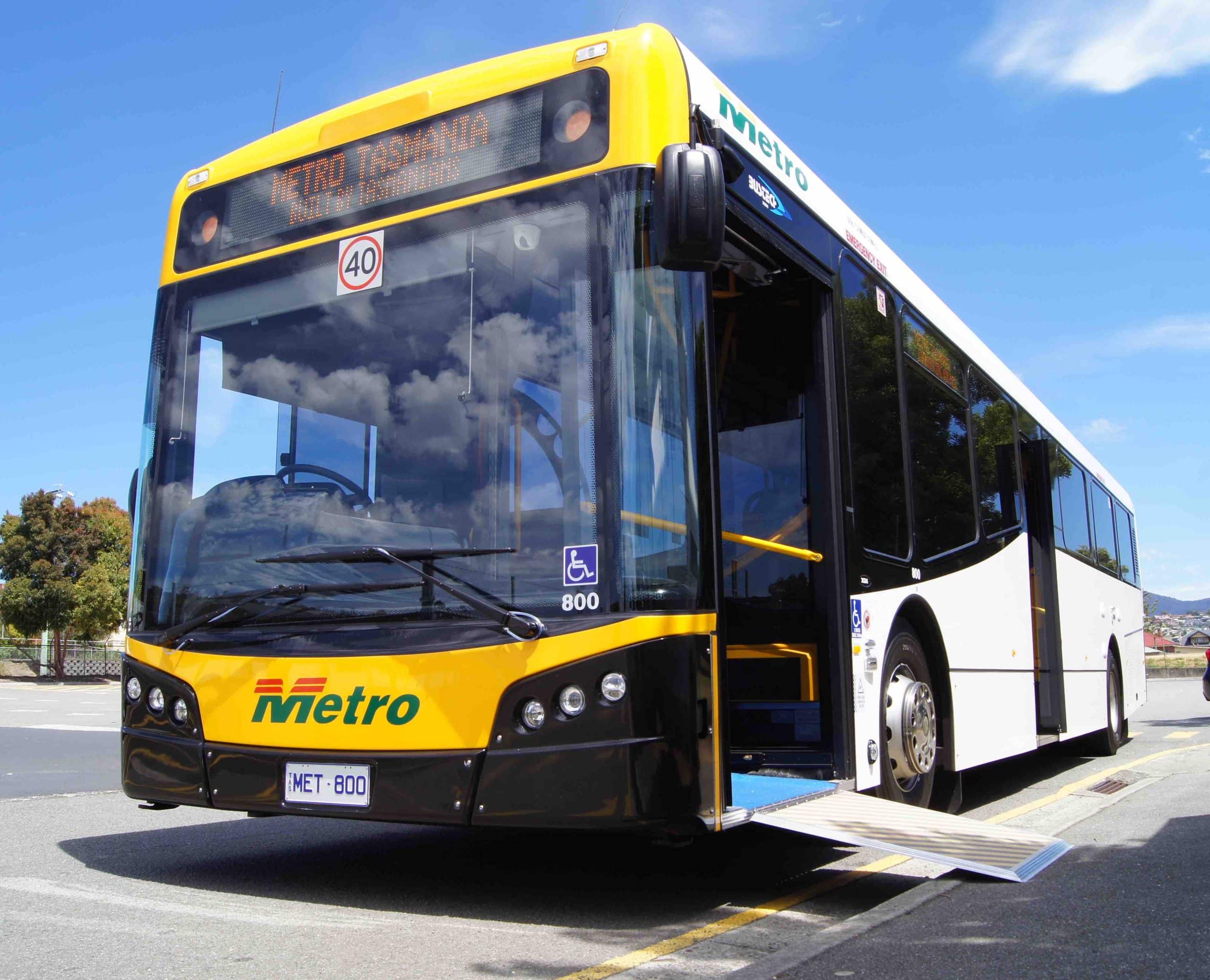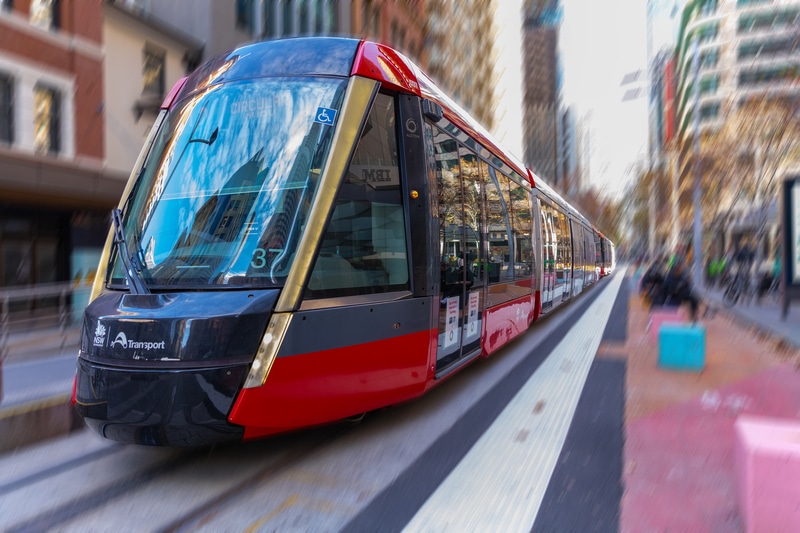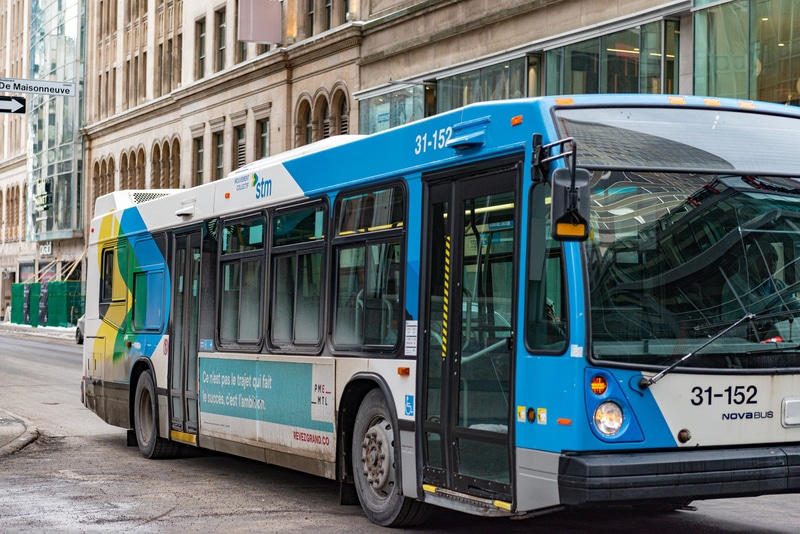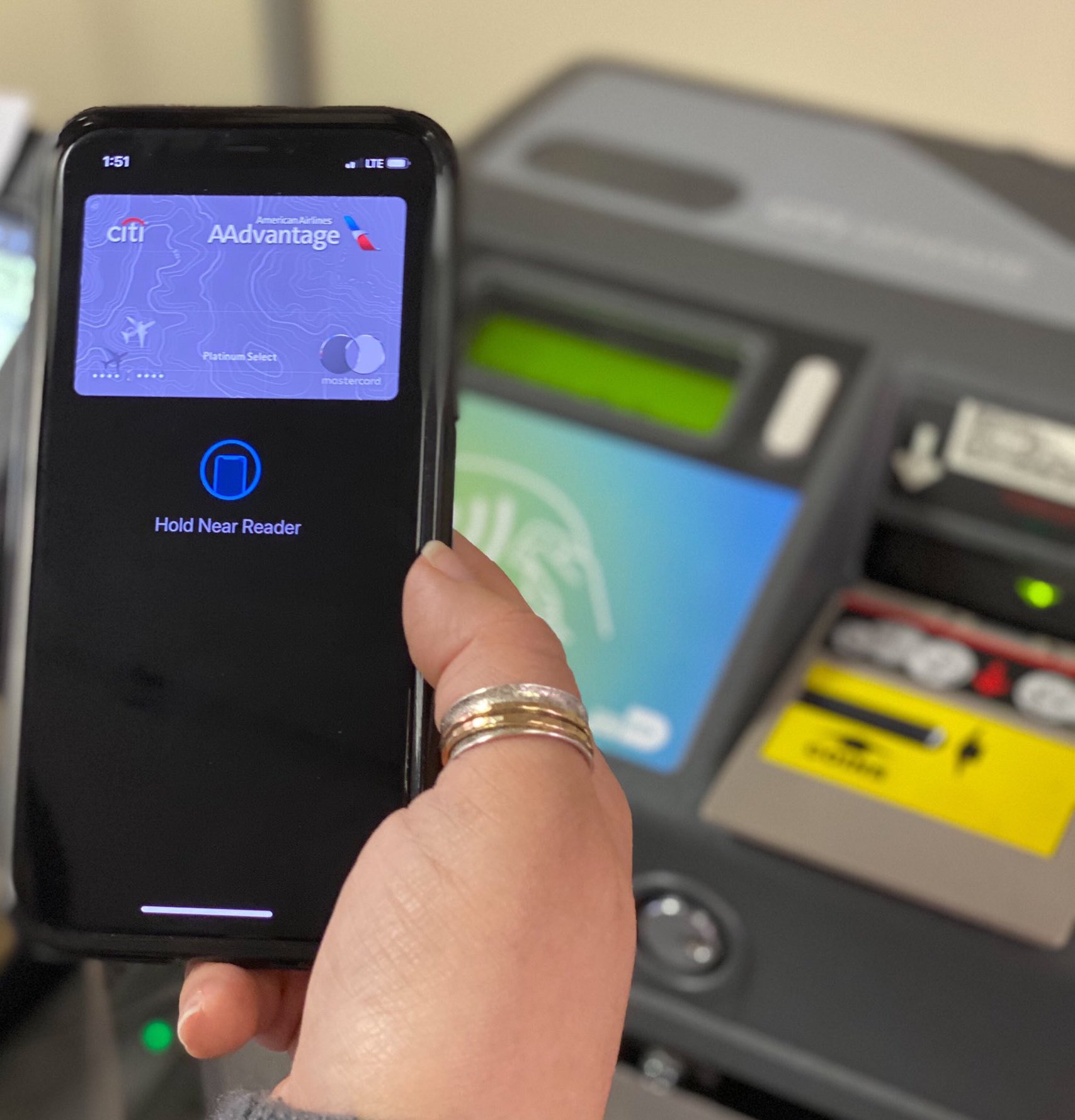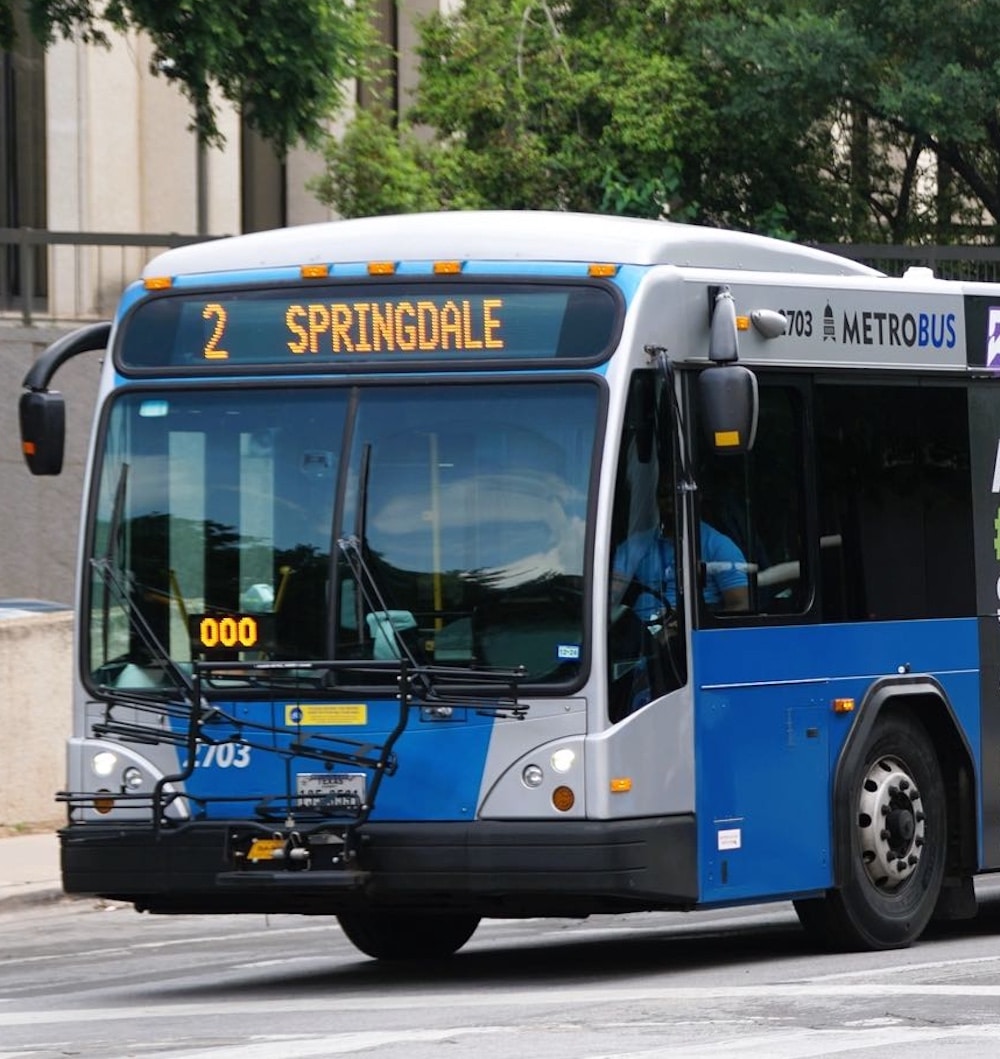
Article Highlights
For MaaS expert David Hensher, mobility-as-a-service initiatives lack scalability and commercial sustainability. He recommends that MaaS backers drop their “multimodal” approach in favor of a “multiservice framework.” The latter includes rewards and other nonfinancial perks.
In the conclusion of the final report on the two-year Sydney MaaS Trial, Hensher wrote that the few actual MaaS products on the market, such as Whim or Ubigo, “are either pump-primed by venture capital or government subsidy.” Operational offerings are scarce, he noted. As a result, “MaaS is in danger of becoming a hyped socio-technical phenomenon lacking full-scale implementations.”
• ITLS (Univ. of Sydney)
• Transport for NSW
• Uber
• Whim (MaaS Global)
Mobility as a service, at least in its present form, will not scale and has little commercial sustainability. MaaS, in fact, may never live up to its hype or see large-scale rollouts.







